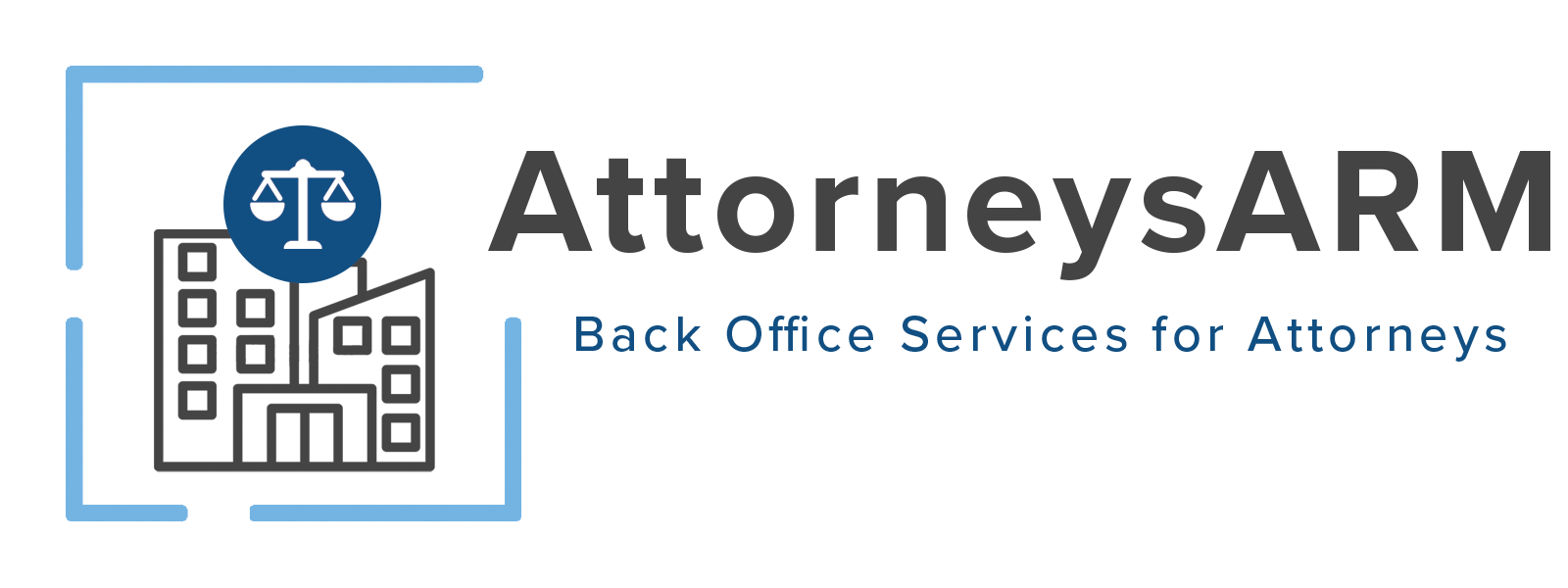Do you want to attempt to collect a delinquent debt on your own before contracting with a debt collection agency or considering legal action? Depending on the size of the debt, how delinquent the debt has become, and how much time you personally have, attempting to collect a past due payment from a customer or client on your own may be the way to go.
What You Should Know Before Collecting
Before you begin your attempt to collect on a past due balance, we have a few suggestions to make the process a bit easier on yourself. Consider the following:
- Make a detailed and itemized list of the debt owed, including amounts owed for past due fees and any penalties which they may have incurred. Keep in mind that in certain states you are limited as to what you can collect.
- Depending on the relationship you have with the client or customer, consider accepting a payment arrangement or possibly removing some of the late fees associated with the debt. You will need to use your better judgement to determine if this will benefit your business. If it is a client you have done business with for years and have a good standing relationship with, or a debt with a very large principal, this might be an option to consider.
- Know what you are willing to accept before you begin. Do not open the conversation by stating the least amount of money you are willing to accept to settle the debt. Keep that amount in mind throughout the negotiation process. Remember, the goal is to receive reimbursement for the full amount owed. However, knowing what you are or are not willing to accept will make the negotiations process easier.
- Call the owner of the delinquent account. Explain to them that their account is overdue and you are calling to collect a payment. (Our next post will include a sample script to help walk you through the phone collection process! So, make sure that you subscribe to our newsletter for updates.)
- Send out a reminder invoice via mail (even if you use electronic billing) that explains the debt owed and the number of days the debt is delinquent (typically at 30, 60, and 90 days).
- Be sure to never make false or illegal claims, threaten, send harassing letters or messages, or use any type of abusive language. The Fair Debt Collection Practices Act protects the debtor. If you violate it, you can be held legally responsible.
- Follow up and follow through. If you tell a client you cannot conduct any more business with them until a payment plan is in place and the first payment has been made, or until the debt is completely taken care of, be sure to follow through. Without consistency, the client may continue to string you along.
- Document everything. Make copies of letters sent, keep a log of phone calls, and keep track of payments or payment arrangements. You can keep a paper log or you can use technology. Excel is great for phone logs.
Get Professional Collections Help
If all of these options fail it may be time to contact a debt collection agency for help. As always, know your client, do your research, be sure to follow all the regulations in the FDCPA (Fair Debt Collection Practice Act), and remember that Clients A.R.M. are here to help you. Make sure that you give us a call to find out how we can save you both time and money on your collections needs. We have a 99% success rate. Contact us to find out how you can book your free process review!




